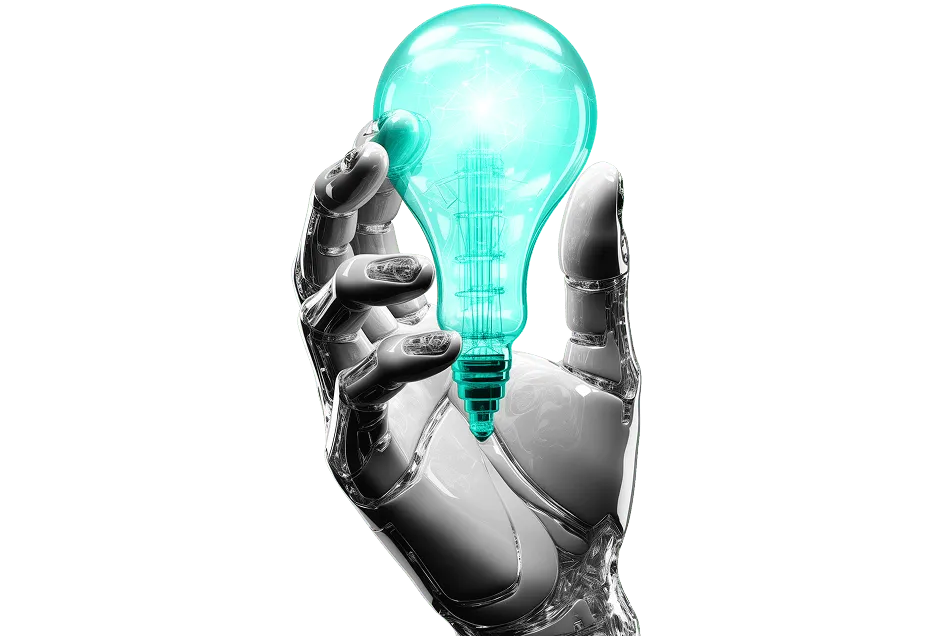Disecting Skill Development in Legal Teams
I hope you're doing well. At a recent conference, I mentioned that every corporate function is evolving into a competitive edge function. Take Legal, for instance — a strong legal team that can protect your intellectual property doesn’t just add value; it can determine the very survivability of the company compared to one that lacks that capability. Enterprises today face an unprecedented shift in how legal work is done. Building new-age legal skills is no longer optional; it’s central to business resilience and competitiveness. Here’s why:
- Core legal work is transforming: Tasks like contract drafting, research, due diligence, and compliance are now AI-assisted, requiring employees who can supervise, validate, and interpret AI output rather than just execute manual tasks.
- Compliance has gone real-time: Enterprises must evolve from periodic checks to continuous, AI-driven risk management—demanding RegTech, data, and analytics skills.
- Audit and governance practices are changing: Skills in digital audit, anomaly detection, and AI-based compliance are rapidly becoming the industry standard.
- Legal operations are becoming data-centric: Predictive analytics, compliance automation, and IP intelligence now define effectiveness, replacing traditional, paper-heavy processes.
- New governance domains are emerging: AI governance, blockchain, and VR compliance are no longer futuristic—they are already shaping enterprise risk and governance frameworks.
- Structured growth pathways exist: Clear taxonomies in governance, compliance, and legal operations allow HR to design targeted learning and career development strategies for employees.
- Responsible AI integration is essential: Enterprises must train legal professionals to manage AI responsibly, ensuring trust with regulators, clients, and internal stakeholders.
- Internal mobility and retention: Upskilling legal teams creates strong career ladders, reducing attrition and ensuring specialized roles are filled faster than relying on external hires.
By focusing on legal skills, enterprises enable their legal function to handle complex risks, safeguard compliance, and unlock efficiency—all while preparing for the next generation of business demands.










.svg)





















.svg)





.svg)
